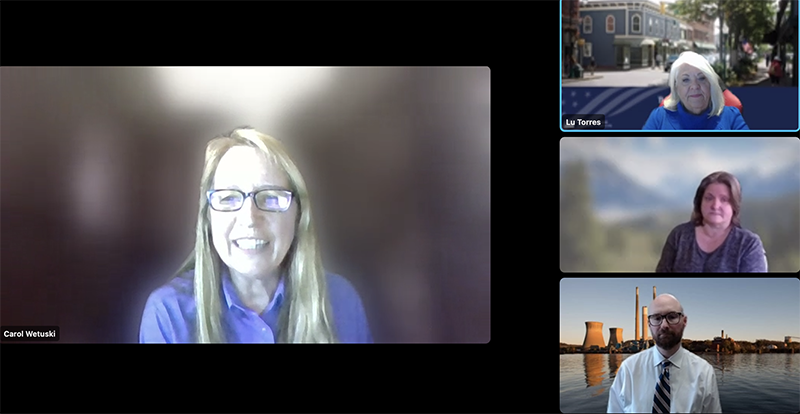Last week, the U.S. Department of Agriculture Rural Development’s Rural Workforce Innovation Network (RWIN) and the Interagency Working Group on Coal and Power Plant Communities and Economic Revitalization (Energy Communities IWG) wrapped up a two-part virtual workshop on applying for and managing federal grants.
Rural communities, especially those that are under resourced, often face challenges in knowing where to begin applying for much-needed financial assistance and in juggling multiple grant applications.
The workshop, “How to Apply For and Manage Federal Grants,” was developed with rural and energy communities in mind and provided an in-depth explanation of the entire application and grant management process. These workshops aimed to demystify the process of applying for and then successfully managing funding opportunities across the federal government.
Part one of the workshop series, held April 21, focused on how to prepare and access systems required to apply for federal funding, including Grants.gov and SAM.gov. Part two, held April 28, shared tips and guidance on grant applications and how to approach grant management.
“We have heard loud and clear from community members that one of the most common and frustrating barriers to accessing federal funds is lack of understanding of the process. This webinar series addresses that exact issue with step-by-step guidance and tips on the process from start to finish,” said IWG Executive Director Brian Anderson, Ph.D.
“Energy Communities IWG is thrilled to work on this webinar series with our USDA Rural Development counterparts, continuing our interagency efforts to get more funding to more communities more quickly,” Anderson said.
USDA established RWIN to create a forum for public and private partners to help increase access to workforce opportunities across rural America. RWIN is currently composed of more than 375 members, each representing rural governmental entities, colleges and universities, nonprofit organizations and private businesses as well as individuals.
Established by an Executive Order during President Biden’s first week in office, the IWG is pursuing a whole-of-government approach to create good-paying union jobs, spur economic revitalization, remediate environmental degradation and support energy workers in coal, oil and gas, and power plant communities across the country as the U.S. prepares to undergo a historic energy evolution to a carbon emission-free electricity sector by 2035 and economy-wide net-zero emissions by 2050.

 )
or https:// means you’ve safely connected to
the .gov website. Share sensitive information only on official,
secure websites.
)
or https:// means you’ve safely connected to
the .gov website. Share sensitive information only on official,
secure websites.

